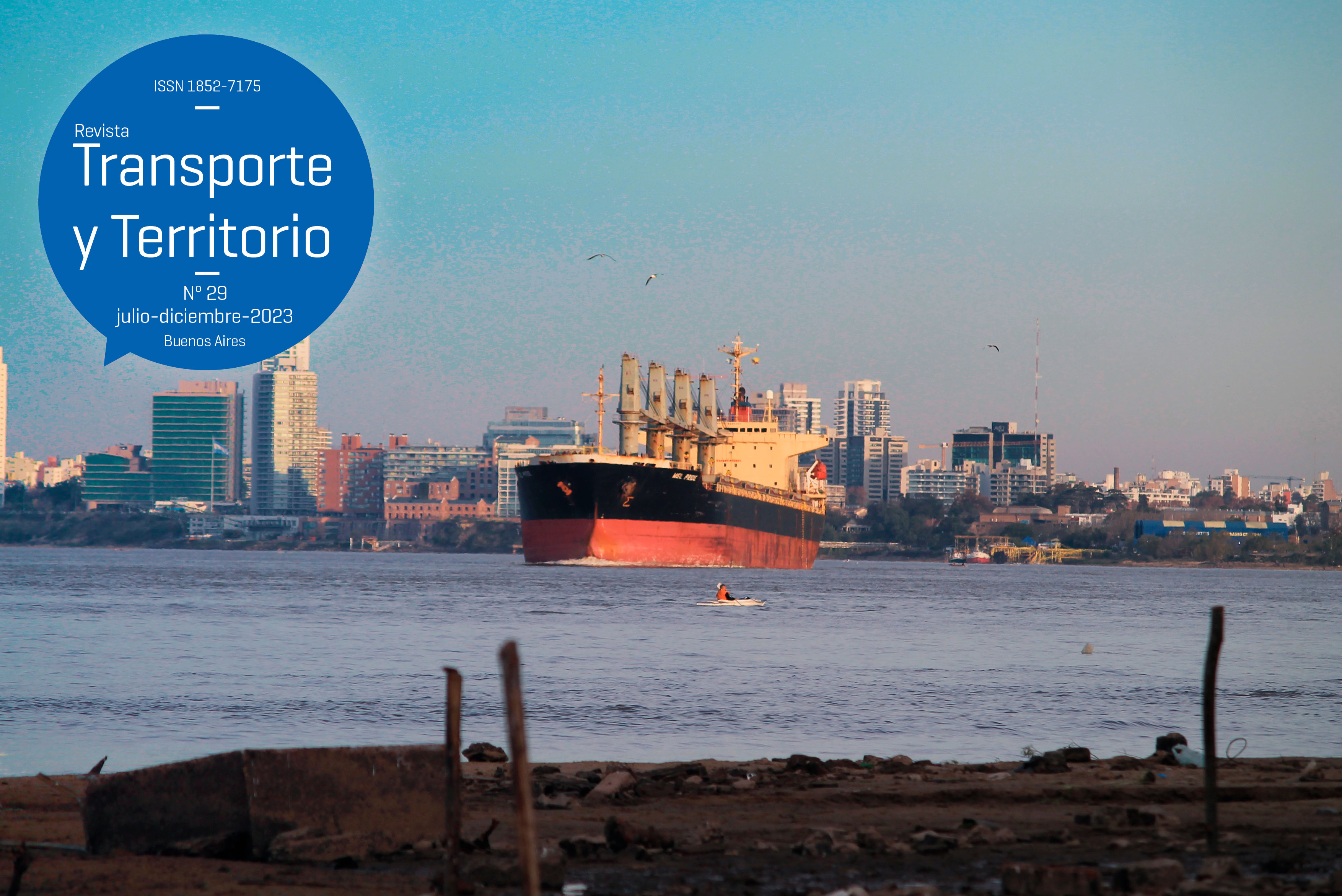Ports of Rio de Janeiro and Buenos Aires: parallels and differences
Keywords:
Rio de Janeiro, ports, Buenos Aires, urban plans
Abstract
Rio de Janeiro and Buenos Aires are cities founded as ports for shipping production from the Portuguese and Spanish colonies in the Americas. Both cities, at a given moment, and largely due to the importance of a port city in the face of the mechanism of colonialism, became capitals. Furthermore, both cities experienced the implantation of the capitalist industrial port at the turn of the 20th century, as well as experienced its decline in the mid-1960s with the modernization of technology and the consequent obsolescence of facilities built decades earlier – a process shared with several ports around the world. Both in Buenos Aires and in Rio de Janeiro, policies to revitalize the old port areas were debated in the midst of the redemocratization process with the end of the Latin American dictatorships. However, it is at this moment that the paths, which were largely parallel, differ. Puerto Madero became an important reference for revitalization in the 1990s, despite its successes and failures. Rio de Janeiro, on the other hand, would take another two decades to start a still incipient process of revitalizing its old port area. It is these parallels and differences that this article explores.Downloads
Download data is not yet available.
Published
2023-11-29
How to Cite
Oakim, J., & Honorato, C. (2023). Ports of Rio de Janeiro and Buenos Aires: parallels and differences. Revista Transporte Y Territorio, (29), 75-91. https://doi.org/10.34096/rtt.i29.12648
Section
Dossier

1.jpg)

3.png)























